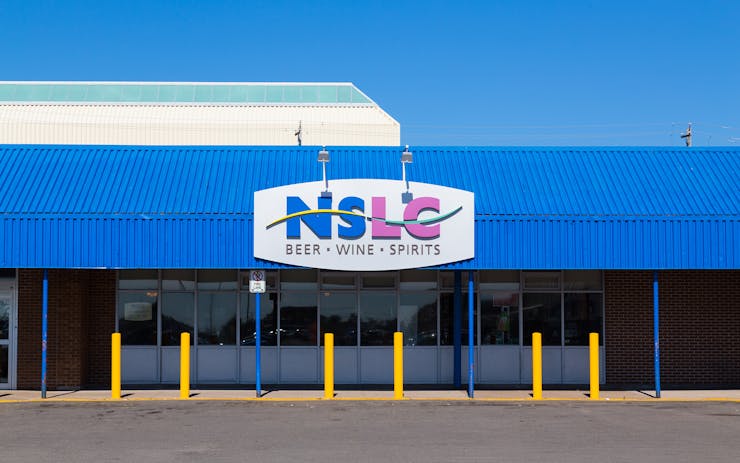As the proposed July 1 date for Canada’s legalization of adult-use recreational cannabis draws closer, provinces are hashing out specifics of the plant’s production, distribution, and sale. Some are rushing, some are scrambling, and many would appreciatemoretime.
Hot topic this week: the issue of where cannabis should be sold, and the push by the alcohol industry and certain government entities to sell recreational cannabis in existing liquor stores.
Ricardo Baca took on the issue recently at the Daily Beast:
“While most of the legal world has opted to sell retail weed in pot-specific storefronts, aka dispensaries and pot shops, British Columbia and other provinces are being urged by liquor store owners to sell marijuana inside existing liquor stores. British Columbia isn’t alone in considering such regulations. Ontario, Manitoba, and possibly other provinces including Alberta are also contemplating such arrangements.”
With the contemplation of such arrangements ongoing, the best we can do now is survey the pros and cons and existing arguments for and against the commercial cohabitation of cannabis and alcohol.
On the “pro” side, unsurprisingly, are liquor retailers. “We think that by using the existing liquor store model, the government is going to be able to offer an efficient, consumer-friendly environment where you have experienced, responsible, and informative staff with expertise in selling controlled substances handling these transactions,” Jeff Guignard, executive director of the Alliance of Beverage Licensees, told the Daily Beast.
This argument is echoed by the British Columbia Government and Service Employees’ Union. “[Our liquor stores] are age-controlled environments, and the staff in our liquor stores are heavily monitored to ensure they do appropriate ID checks,” said BCSEU president Stephanie Smith. “We see it as a perfect fit.”
Smith also brings up the issue of cost, noting that setting up an entirely new distribution and regulatory system could be quite expensive.
Meanwhile, leading the charge on the “con” side is the Canadian government’s Task Force on Cannabis Legalization and Regulation, which laid out its opposition to co-mingled sales of cannabis and alcohol in its final report: “[T]he potential for and increasing rates of use and co-use run counter to the public health objectives of harm reduction and prevention,” wrote the authors of that government study.
'So many people use cannabis as part of their recovery, and sending them into liquor stores is a dangerous proposition.'
The vast remainder of the “con” ranks are filled with people who know and love cannabis. They balk at the idea that being good at checking IDs is the primary skill needed to sell cannabis. It’s a simplistic notion emanating from a world where budtenders, terpenes, and the whole culture of cannabis strain study doesn’t exist. They also take offense at the liquor industry taking over a market that cannabis pioneers have struggled to create—and one that liquor interests have been actively fighting to prevent.
“I hate to think of someone who’s looking for cannabis and maybe new to it only having [the expertise of] an ID-checking liquor-store employee,” said Vancouver dispensary worker Maxwell to Leafly. “Also, so many people use cannabis as part of their recovery, and sending them into liquor stores is a dangerous proposition.”
Now it’s up to the provinces, who have until July 1, 2018, to nail down their protocols. Stay tuned.





